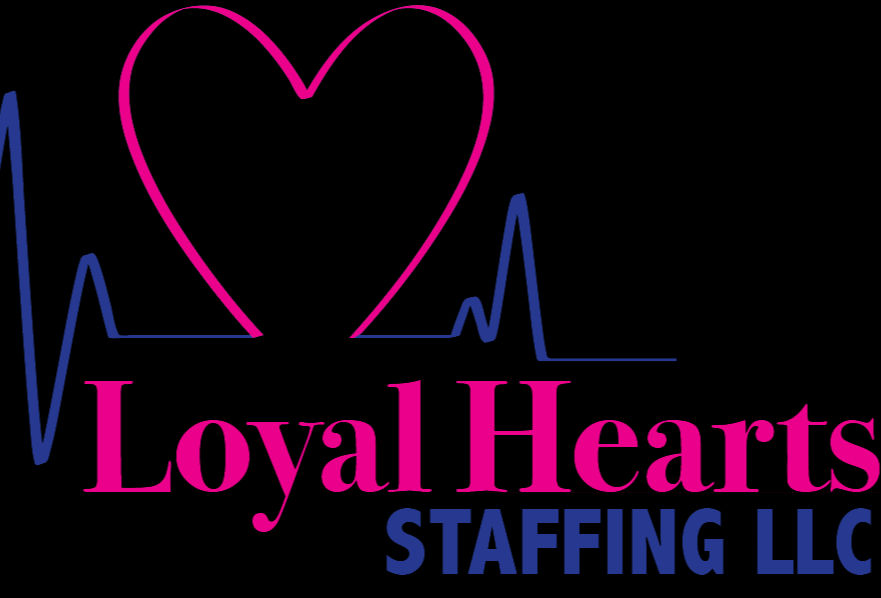How to support someone with an eating disorder
- April Swanson

- Feb 8, 2023
- 2 min read
When a loved one has an eating disorder such as anorexia, bulimia or binge eating disorder and is in treatment, it is important that you offer support.
Personal Support
You can show your personal support in the following ways:
Show and declare your love.
Avoid the temptation to control the person.
Trust that your loved one has developed his or her own values, ideals, and high standards.
Encourage your loved one’s personal responsibility for his or her own actions, both successes and setbacks. Provide support in times of discouragement.
You can also help by doing the following:
Don’t encourage your loved one to eat or not eat unless it’s part of the treatment plan.
Avoid confrontations with other people.
Listen to how you feel.
Don’t let your loved one’s behavior control you.
Family therapy and counseling
Many people have difficulty controlling their emotions and their interactions with someone who has an eating disorder. Counseling, such as family therapy, can help you identify ways to promote healthy eating behaviors in children and adolescents with eating disorders.
Counseling can be helpful for the entire family, whether you consult alone, as a couple, or as a family. Each family member may need reassurance or guidance at different times during the illness.
Consult a professional counselor to help you work through your problems and reduce the impact of the eating disorder on you and your family. Make time for other children in the family to receive individual love and attention.
Use a family therapist to help family members find new ways to support each other.
Consult a family therapist to find new ways to support your loved one as he or she recovers from his or her eating disorder. For example, a person with anorexia is likely to do better in an organized environment without fuss, turmoil, or emotional outbursts.
Consider the whole scenario
Eating disorders occur for many different reasons. Many people with an eating disorder come from families wgere other family members have eating disorders or other conditions, such as depression. This does not mean that one family member caused the problem. It simply means that these conditions seem to run more in this family.
You can avoid guilt and remorse by following the tips below.
Show your support for the family member with the eating disorder. Say things like “I see how hard this is for you. You are doing a good job.”
Don’t just focus on the family member being treated. Spend time with other family members and friends.
Keep in mind that this is a long-term disorder. It will take time for changes to take place.
Forgive yourself if you think you said something inappropriate and forgive your loved one if you slip back into bad eating habits.
Don’t look for the reason for the discomfort. Work to make things better.
Examine your own eating habits and change those that seem unhealthy to you.








Comments